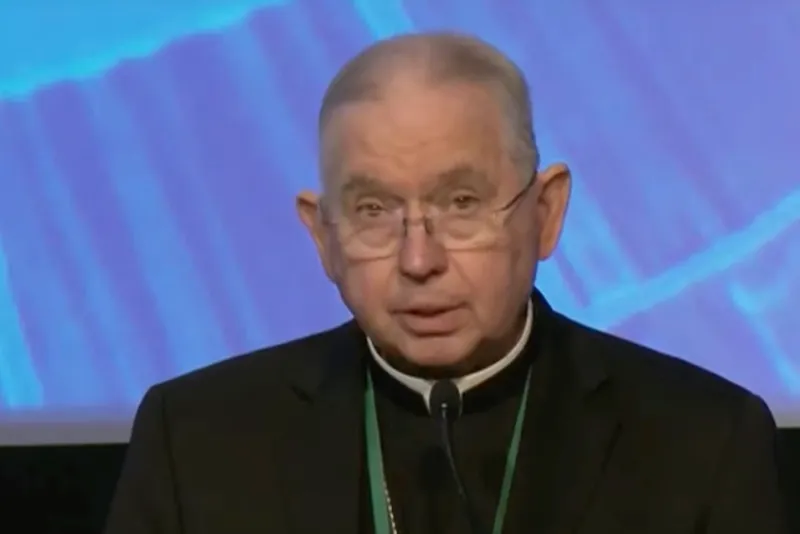
Washington, D.C. Newsroom, Sep 11, 2024 / 09:20 am (CNA).
The South Carolina Department of Corrections could potentially execute one death row inmate every 35 days — or every five weeks — as the state resumes executions on Sept. 20 after a 13-year pause in carrying out the death penalty.
A recent South Carolina Supreme Court order decided that a five-week interval between executions was “reasonable” and “warranted” but left open the possibility of carrying out the death penalty more frequently if circumstances warrant it.
The ruling came after death row inmates requested a 13-week interval between executions and state Attorney General Alan Wilson asked the court to permit at least one execution per month. With the court’s decision in effect, the state could potentially execute 10 or 11 people within a calendar year.
In 2024 to date, no U.S. state has carried out more than four executions. In recent decades, the frequency of executions has declined throughout the country and some states have ended the use of the death penalty altogether.
There are more than 30 people on death row in South Carolina. Freddie Owens, who was convicted of murder, is scheduled to be executed on Sept. 20. The state Supreme Court announced its plans to schedule the execution of at least five other death row inmates following Owens’ execution.
The Catechism of the Catholic Church, reflecting an update promulgated by Pope Francis in 2018, describes the death penalty as “inadmissible” and an “attack on the inviolability and dignity of the person” (No. 2267). The change reflects a development of Catholic doctrine in recent years. St. John Paul II, calling the death penalty “cruel and unnecessary,” encouraged Christians to be “unconditionally pro-life” and said that “the dignity of human life must never be taken away, even in the case of someone who has done great evil.”
Krisanne Vaillancourt Murphy, the executive director of the anti-death penalty group Catholic Mobilizing Network (CMN), told CNA that the frequency of executions proposed by the attorney general was “reckless” and “would be a major regression.”
CMN works closely with the United States Conference of Catholic Bishops (USCCB) on efforts to oppose the death penalty and uphold the human dignity of people who are incarcerated.
Murphy encouraged South Carolina officials to consider changes made in other states, such as Oklahoma, which reduced the frequency of executions after Attorney General Gentner Drummond wrote a letter to the state’s department of corrections that said staff had reported “distress they are experiencing due to the nonstop executions.”
Murphy said “even corrections officials know this is the wrong thing to do.”
“Our prayers remain with Freddie [Owens], who faces this imminent execution, for victims’ families and those impacted by acts of harm and violence,” Murphy added. “We also pray for every individual currently on South Carolina’s death row whose life is at risk.”
“All executions violate the sanctity of life, regardless of the pace at which they are set or how they are administered,” she said.
“We have ways to keep society safe and uphold justice for victims’ families without violating the God-given dignity of the human person. And as such, there is no humane way for the state to take a life.”
The last time South Carolina executed a man on death row was in 2011, after which executions were paused because the state department of corrections could not find a drug company from which they could purchase the drugs required for lethal injection.
South Carolina has since obtained the drugs required to administer lethal injections and, in 2021, legalized executions by the electric chair and by firing squad. In July of this year, the state Supreme Court ruled that the death penalty — including executions through all of those methods — was legal, after which the corrections department announced its intent to resume executions.
If you value the news and views Catholic World Report provides, please consider donating to support our efforts. Your contribution will help us continue to make CWR available to all readers worldwide for free, without a subscription. Thank you for your generosity!
Click here for more information on donating to CWR. Click here to sign up for our newsletter.






Leave a Reply